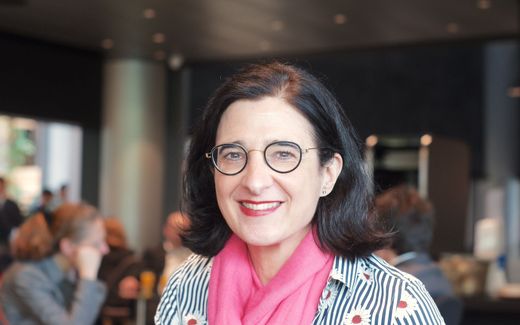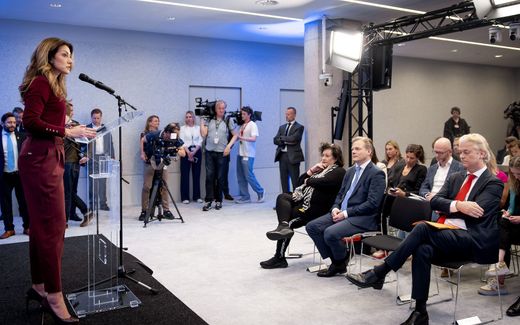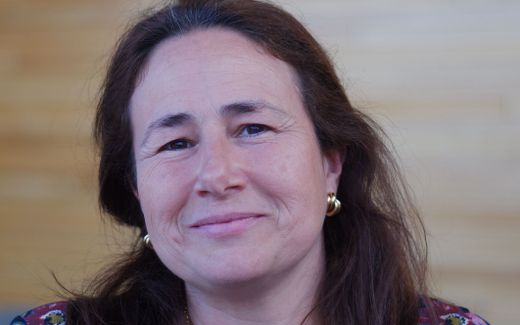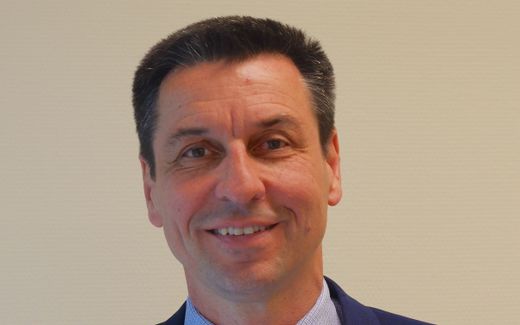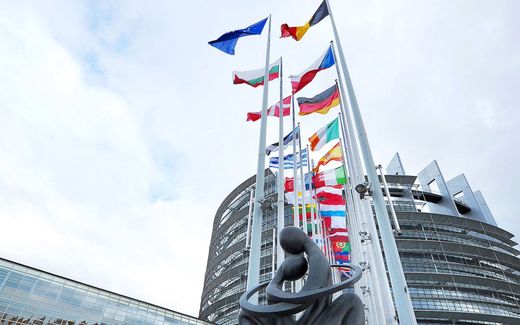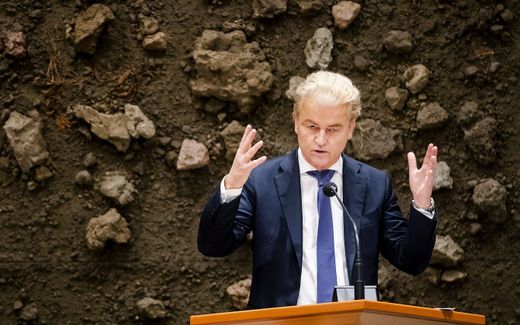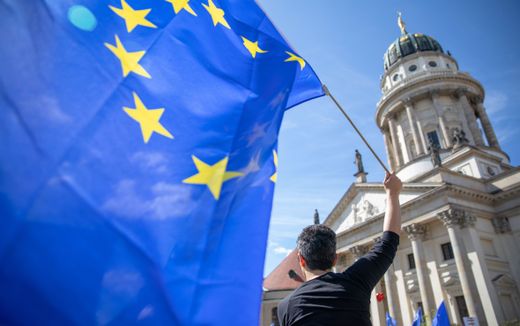Guest commentary: Romanian Christians are not represented in the electoral system
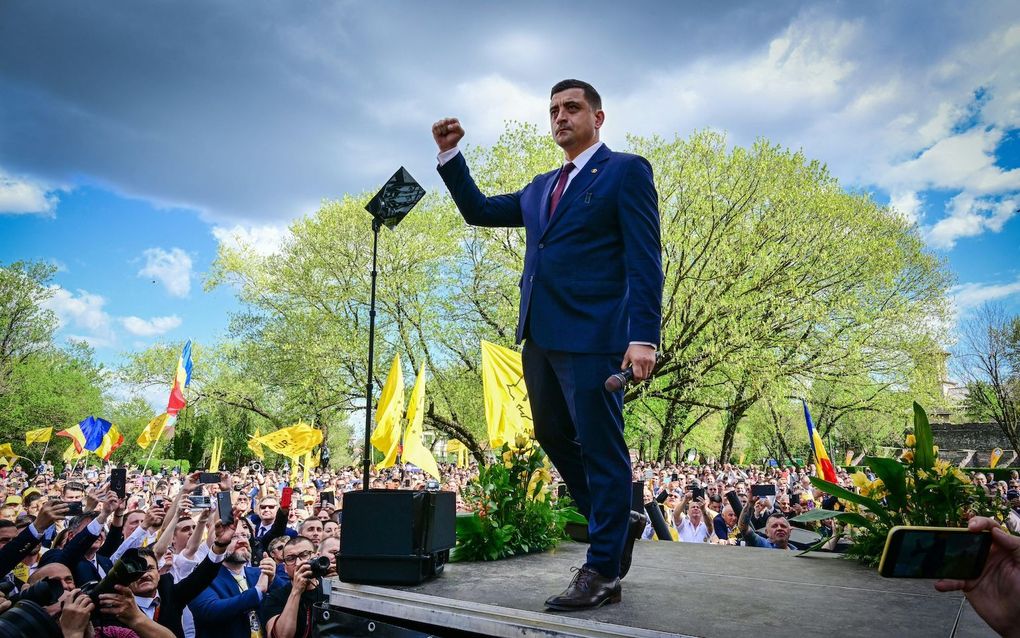
George Simion, the leader of the Alliance for the Unity of Romanians - "AUR" party takes part in a rally to promote their candidates for the EU elections in Targoviste city. Photo AFP, Daniel Mihailescu
Christian Life
I still remember my first vote. It was for the parliamentary election of 2008, the same year I turned 18. In all honesty, I cannot recall the names of the candidates or the party I voted for. All I do remember is that I was filled with admiration.
This year is full of elections in my country. The results will have consequences for Romania’s political scene. Aside from the European parliamentary elections (June 6-9th) for all EU members, my country will also host local (June 9th), presidential (September 29th), and parliamentary elections (December 8th).
The political landscape comes with many issues. An important one I will delve into later is that of Evangelical and Reformed Christians. No major political party in Romania represents them.
Landslide victory
The three main political parties fiercely competing for the votes are PSD (Social Democratic Party), PNL (National Liberal Party, the party Christians easily vote for), and USR (Save Romania Union). The other parties that want to gain ground are AUR (Alliance for the Union of Romanians) and UDMR (Democratic Alliance of Hungarians in Romania).
Polling organisation PolitPro anticipates a landslide victory for the centre-left PSD in the Romanian parliamentary election as the political landscape heats up. However, the outcome is far from predictable, with the three favourites, PNL, USR, and AUR, adding a thrilling element of chaos.
While USR was the third political party in 2020, AUR is predicted to take their spot, further fuelling the intrigue of the political landscape. This is a significant development because AUR, with its populist and nationalist tendencies, is one of Romania’s most controversial political parties in contemporary history.
AUR is the most polarised political party because of its outlandish rhetoric. George Simion, AUR’s political leader, has an in-your-face approach. Several times this year, he and other party leaders have instigated scandals. The latest one was about elections. Furthermore, a scandal that brought greater public attention happened in the parliament last year on May 10.
While critics claim AUR is a far-right political party, calling it Magyarophobic, neo-fascist, pro-Russian, and anti-Semitic, relevant party figures, especially George Simion, have rejected all these accusations. At face value, AUR seems to be just another right-wing party, not a far-right party.
Formidable opponent
In recent years, AUR has become increasingly popular among voters. However, whether AUR has a realistic chance of surpassing PNL in the upcoming elections is unclear.
In the 2016 and 2020 elections, PNL was a formidable opponent against PSD. These two major political parties have fiercely vied for the top spot, with PSD usually having an advantage over PNL.
A few alliances have started forming between different parties, but the most important is the PSD-PNL alliance for the European parliamentary elections, a new development in Romanian politics.
In 2012, the percentage of eligible Romanian voters who came out and voted was 41.72 per cent. In 2016, the percentage was 39.49, while in 2020, it was 31.84. If this trend continues, the final results will be significantly impacted. Unfortunately, political apathy best describes the current trend.
While PNL is a centre-right party that Evangelical and Reformed Christians easily vote for, the party has never made it clear that it intends to win the votes of believers through their policy, nor have any other major political parties.
Deep religious convictions
Yet, two prominent PNL leaders, Robert Sighiarțău and Ben-Oni Ardelean, are well-known politicians in the Evangelical and Reformed circles. They have deep religious convictions and are outspoken Evangelical Christians in the political arena.
At the same time, it remains uncertain whether PNL might again be a choice for Evangelical and Reformed Christians, considering their alliance with the social democratic PSD for the European parliamentary elections. Other minor political parties, like The Right Alternative and National Rebirth Alliance, would like to win this block of voters, but their chances are slim.
Ultimately, the 2024 elections might be one of the most significant in recent history, mainly because they combine European parliamentary elections with local, presidential, and parliamentary elections in Romania. Although the predictions indicate a landslide victory for the PSD and AUR gaining increasing traction, we must wait for the final results in December.
Related Articles


